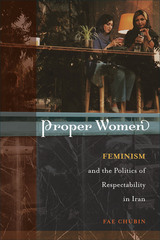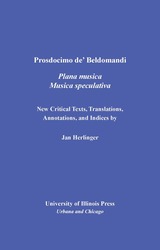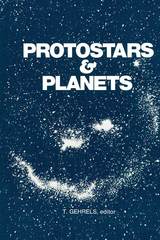5 start with O start with O
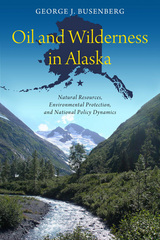
Colliding environmental and development interests have shaped national policy reforms supporting both oil development and environmental protection in Alaska. Oil and Wilderness in Alaska examines three significant national policy reform efforts that came out of these conflicts: the development of the Trans-Alaska pipeline, the establishment of a vast system of protected natural areas through the Alaska National Interest Lands Conservation Act, and the reform of the environmental management of the marine oil trade in Alaska to reduce the risk of oil pollution after the Exxon Valdez disaster.
Illuminating the delicate balance and give-and-take between environmental and commercial interests, as well as larger issues shaping policy reforms, Busenberg applies a theoretical framework to examine the processes and consequences of these reforms at the state, national, and international levels. The author examines the enduring institutional legacies and policy consequences of each reform period, their consequences for environmental protection, and the national and international repercussions of reform efforts. The author concludes by describing the continuing policy conflicts concerning oil development and nature conservation in Alaska left unresolved by these reforms. Rich case descriptions illustrate the author’s points and make this book an essential resource for professors and students interested in policies concerning Alaska, the Arctic, oil development, nature conservation, marine oil spills, the policy process, and policy theory.
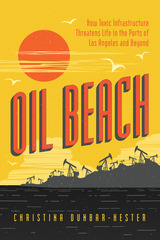
San Pedro Bay, which contains the contiguous Ports of Los Angeles and Long Beach, is a significant site for petroleum shipping and refining as well as one of the largest container shipping ports in the world—some forty percent of containerized imports to the United States pass through this so-called America’s Port. It is also ecologically rich. Built atop a land- and waterscape of vital importance to wildlife, the heavily industrialized Los Angeles Harbor contains estuarial wetlands, the LA River mouth, and a marine ecology where colder and warmer Pacific Ocean waters meet. In this compelling interdisciplinary investigation, award-winning author Christina Dunbar-Hester explores the complex relationships among commerce, empire, environment, and the nonhuman life forms of San Pedro Bay over the last fifty years—a period coinciding with the era of modern environmental regulation in the United States. The LA port complex is not simply a local site, Dunbar-Hester argues, but a node in a network that enables the continued expansion of capitalism, propelling trade as it drives the extraction of natural resources, labor violations, pollution, and other harms. Focusing specifically on cetaceans, bananas, sea birds, and otters whose lives are intertwined with the vitality of the port complex itself, Oil Beach reveals how logistics infrastructure threatens ecologies as it circulates goods and capital—and helps us to consider a future where the accumulation of life and the accumulation of capital are not in violent tension.

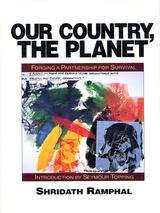
Our Country, The Planet is a wide-ranging discussion of the global environmental crisis that accounts for the positions and perceptions of both developed and developing nations. As president of the World Conservation Union and the only person to have served on all five independent international commissions on global issues, Shridath Ramphal brings to his study a unique perspective and deep understanding of both development and the environment.
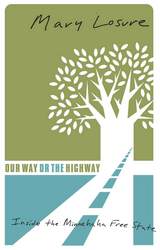
An eyewitness account of this controversial environmental action.
Construction plans for the reroute of Highway 55 through south Minneapolis sparked an environmental movement that pitted activists against public authorities in one of the most dramatic episodes in the city’s history. Mary Losure was there; as a reporter for Minnesota Public Radio she witnessed the neighborhood’s transformation from a quiet street to the center of an emotionally charged standoff. Fueled by idealism and anger, a diverse coalition banded together to try to stop the highway expansion. Beginning in 1998, this group sustained protests for more than one year and eventually faced an unprecedented show of force by law enforcement.
In Our Way or the Highway Losure offers an inside view of the activist subculture that converged into a makeshift encampment dubbed the "Minnehaha Free State." Here, a retired stenographer befriended EarthFirst! members and appeared in the organization’s national journal, fist raised in protest of the destruction of her home. A pipe fitter abandoned his old life to defend what he believed to be the sacred sites of his Dakota ancestors. A dreamy, dreadlocked seeker hitchhiked to Minneapolis and spent days perched in a doomed cottonwood tree. A police lieutenant watched the trees fall and felt surprising sympathy for the activists’ beliefs. Engagingly written, Our Way or the Highway reveals the motivations, perceptions, and dynamics of those involved in this conflict of wills and ideals.Among the issues Losure explores are the roles of ecoanarchism and grassroots activism in the age of globalization. This fascinating subculture, brought to the spotlight during protests over the World Trade Organization in Seattle and Genoa, has been largely undocumented in the mainstream press. With a practiced reporter’s eye, Mary Losure shows the activists’ world and the way the establishment views them, and ultimately she lays bare the power of the existing order and the fragility and absolute necessity of dissent.READERS
Browse our collection.
PUBLISHERS
See BiblioVault's publisher services.
STUDENT SERVICES
Files for college accessibility offices.
UChicago Accessibility Resources
home | accessibility | search | about | contact us
BiblioVault ® 2001 - 2024
The University of Chicago Press


